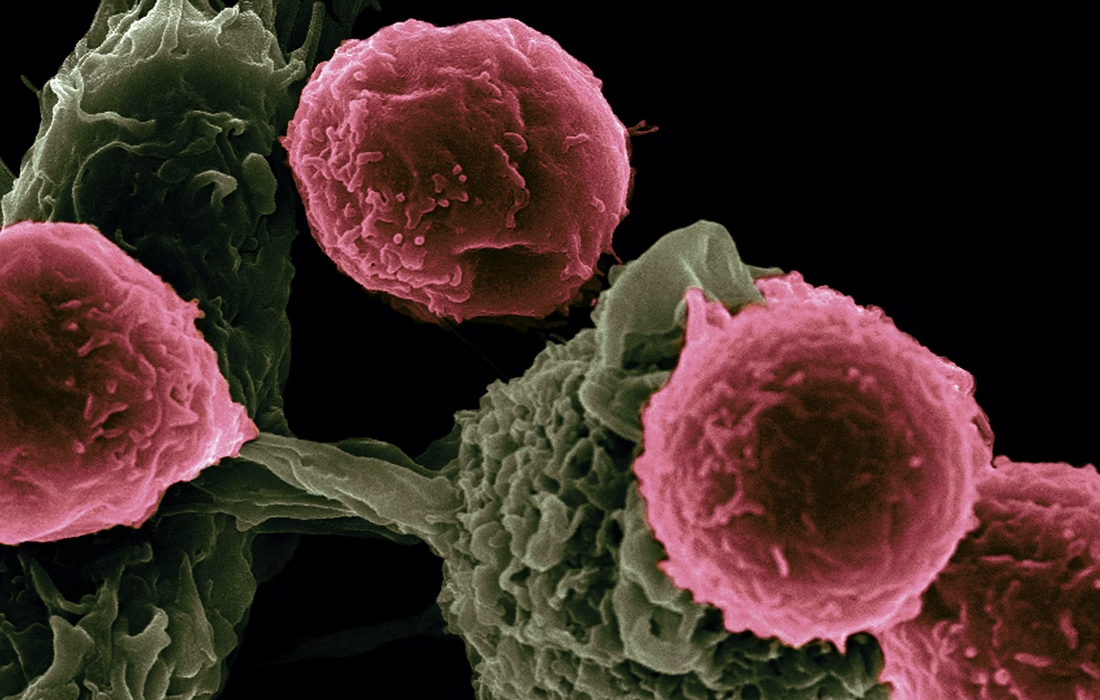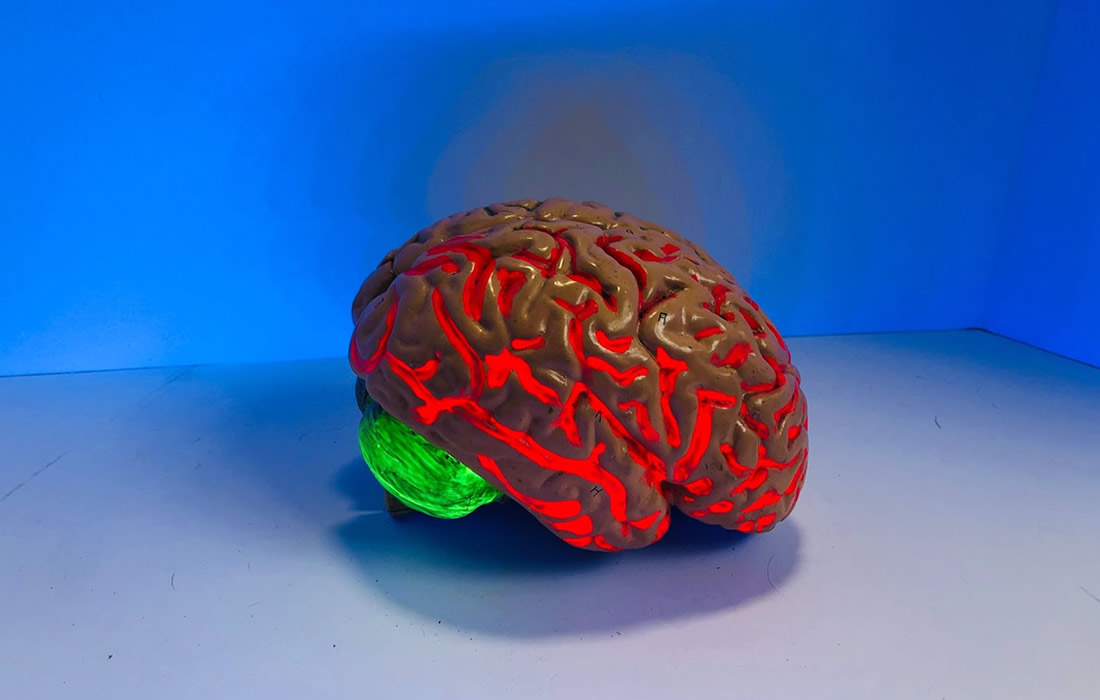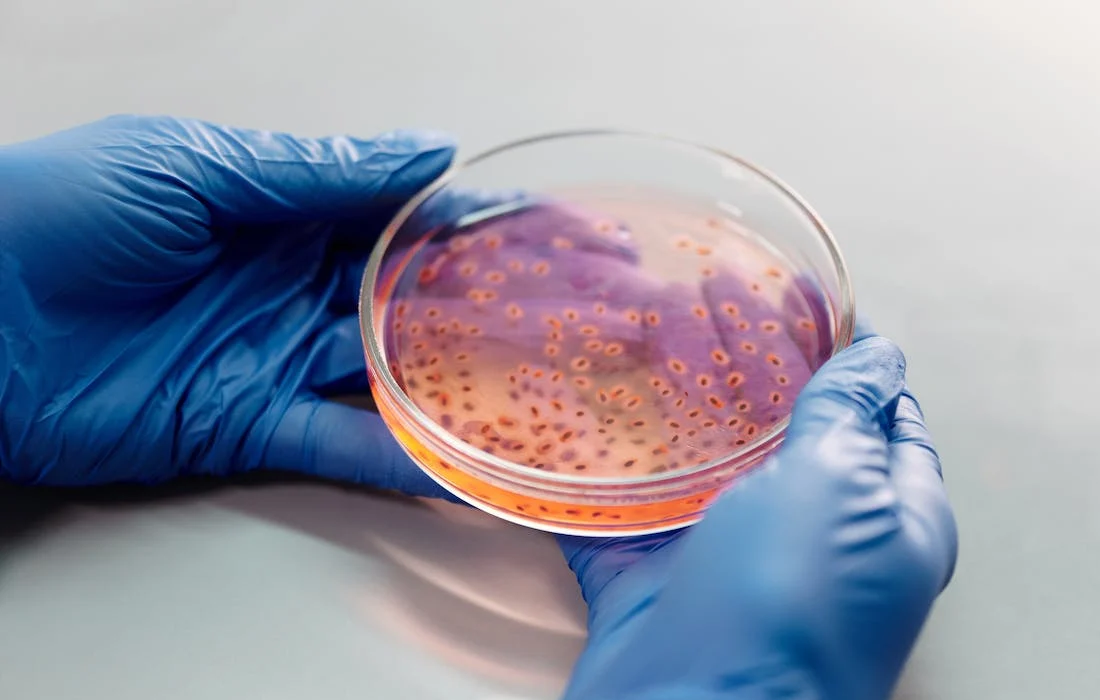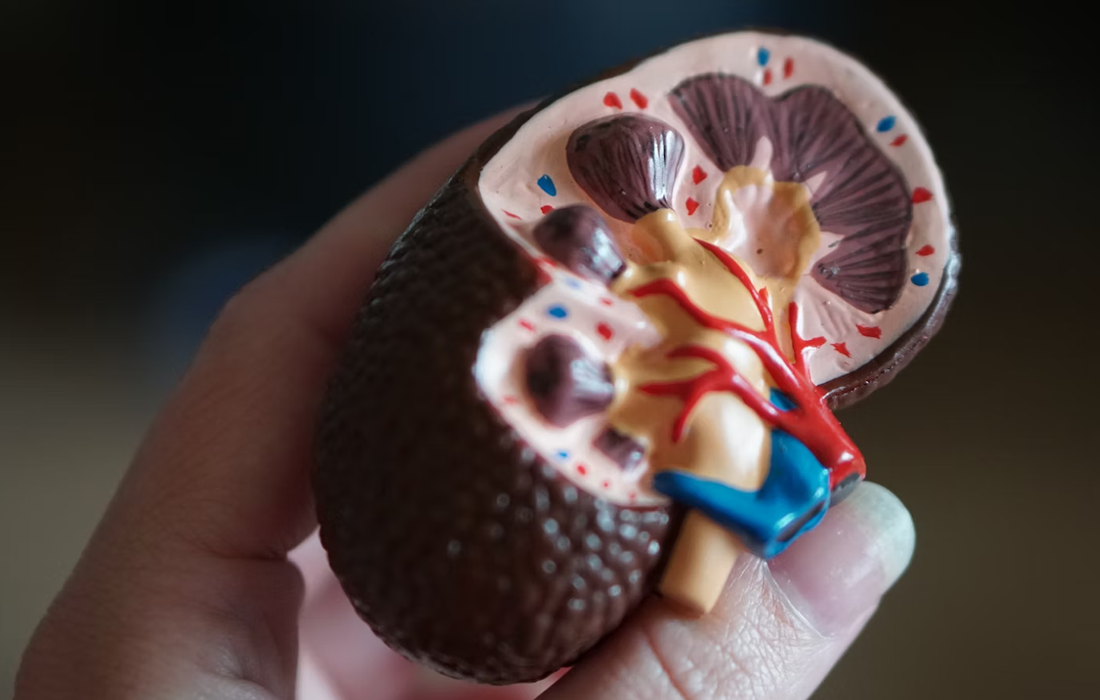From the early stages of cell mutations starting in puberty to their manifestations as breast cancer in later years, the entire process has remained shrouded in mystery. Now, a team of researchers at Kyoto University has revealed the mechanism by which breast cancer is formed in the cells of the mammalian epithelium, whose main function […]
Monthly Archives: August 2023
A broad new strategy could hold hope for treating virtually all blood cancers with CAR T cell therapy, which is currently approved for five subtypes of blood cancer. Scientists in the Perelman School of Medicine at the University of Pennsylvania have demonstrated the potential efficacy of this approach in preclinical tests. In the study, published […]
Cigarette smoking is a risk factor for cardiovascular disease, cancer and respiratory diseases and accounts for nearly half a million deaths in the United States each year. While smoking behaviors can be learned and unlearned, genetics also plays a role in a person’s risk for engaging in those behaviors. The researchers found in a prior […]
How much time elapses between a blow to the head and the start of damage associated with Alzheimer’s disease? A device that makes it possible to track the effects of concussive force on a functioning cluster of brain cells suggests the answer is in hours. The “traumatic brain injury (TBI) on a chip” being developed […]
A new study has revealed important associations between the gut microbiome and eczema in infancy and has established the basis for the potential prevention and treatment of eczema via modulation of the gut microbiota. The study was published in mSystems, a journal of the American Society for Microbiology. In the new study, Dr. Chan and […]
Antibiotic-resistant bacteria get extra nutrients and thrive when the drugs kill ‘good’ bacteria in the gut. This is according to new research led by Imperial College London scientists, which could lead to better patient risk assessment and ‘microbiome therapeutics’ treatments to help combat antibiotic-resistant bacteria. Some antibiotics target specific bacteria, but some are ‘broad spectrum’, […]
When we tear a muscle, stem cells within it repair the problem. Also when we age and become frail we lose much of our muscle and our stem cells don’t seem to be able to work as well as we age. These muscle stem cells are invisible engines that drive the tissue’s growth and repair […]
Researchers at the Salk Institute and UC San Diego have discovered how high-fat diets can change gut bacteria and alter digestive molecules called bile acids that are modified by those bacteria, predisposing mice to colorectal cancer. In the study, the team found increased levels of specific gut bacteria in mice fed high-fat diets. Those gut […]
Researchers at the Babraham Institute are proposing an alternative link between diet and ageing based on studies in yeast. Dr Jon Houseley and his team have published their experiments, showing that healthy ageing is achievable through dietary change without restriction by potentially optimising diet, and that ill-health is not an inevitable part of the ageing […]
Scientists at UC San Francisco are working on a new approach to treating kidney failure that could one day free people from needing dialysis or having to take harsh drugs to suppress their immune system after a transplant. They have shown for the first time that kidney cells, housed in an implantable device called a […]









